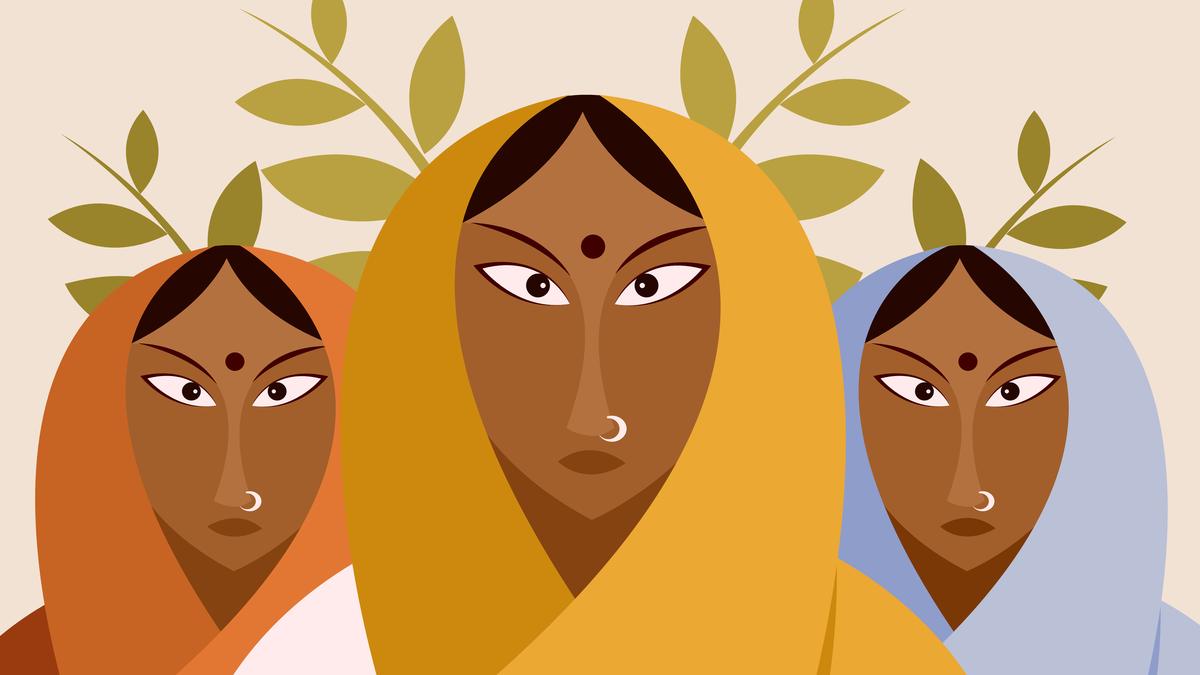The trial of former Janata Dal (Secular) MP Prajwal Revanna, tainted by every trick in the book that power can muster, from legal intimidation to procedural delays, could have been yet another grim entry in India’s long and exhausting history of justice denied. However, this case was different because a 47-year-old domestic help, with no wealth, no political connections, and no media machinery at her disposal, refused to be worn down. She braved high-profile legal muscle, relentless attempts at discrediting her, and the quiet but crushing social pressures that compel victims to disappear into silence. She didn’t disappear; instead, she stood her ground.
The language of empowerment
India loves the language of empowerment. We put women entrepreneurs on magazine covers, we host conferences celebrating women CEOs, and we create awards to honour women leaders in politics, business, and culture. Yet, when a woman without privilege takes on the powerful in a court of law, we often treat her as a passing headline; not as a hero whose actions have fortified the very concept of justice. Our narrative of empowerment too often belongs to those who have the resources to recover from failure, the networks to cushion backlash, and the privilege to choose their battles. We rarely extend the same recognition and support to women whose fight is not for market share or boardroom representation, but for their very survival. Women like this domestic help are not just defending their rights; they are performing a form of public service. Their win strengthens the jurisprudence for every woman who will walk into a police station trembling, unsure if she will be heard.
And yet, the moment the verdict is read, the applause dies down and the state, which was happy to bask in the optics of justice served, does little to ensure that these women can rebuild their lives. The women return to the same environment where abuse took place, facing retaliatory stigma, finding themselves jobless because it is “too much trouble” to employ someone who has been in court, or sinking under the weight of legal debts incurred during the fight. If governments, corporates, and civil society are serious about “women empowerment”, they must provide these women structural support — legal, economic, and psychosocial — to ensure that victory in court does not translate into defeat in life.
The way forward
We need state-funded survivor compensation schemes. Frameworks exist to provide financial compensation to families of crime victims in categories such as terrorism or industrial accidents, so why should a woman who has stood up against entrenched power, faced character assassination, and endured court battles not receive similar recognition and financial security? The compensation should be calculated not only to cover legal expenses but to secure a minimum period of stability.
We need dedicated legal aid cells with special funding. Most women in such cases are bankrupted by the legal process. While legal aid exists in theory, it is woefully under-resourced and often inaccessible. States must create specialised survivor litigation cells with professional advocates, forensic experts, and victim support officers, funded on par with public prosecutors in high-profile cases.
We need guaranteed employment pathways. Governments, public sector undertakings, and corporates should create direct employment quotas for survivors of legal battles against abuse and harassment.
We need psychological support and trauma recovery. Survivors require structured access to long-term counselling, peer support networks, and therapy sessions, funded by the state and supplemented by CSR initiatives. Trauma recovery must be treated as a right, not as a luxury.
Most importantly, we must institutionalise survivor expertise. Women who have navigated intimidation, isolation, and legal complexity should be trained and appointed as counsellors for victims in police stations to guide them through the first and often most critical reporting stage; as mentors in community legal education programmes to demystify the justice process for other women; and as members of Internal Complaints Committees under POSH laws, where their lived experience can lend authenticity and empathy to workplace grievance redressal. This will not only provide survivors with income, but ensure that their courage is institutionalised, not forgotten.
One might ask, why we should single out women like this? Why not simply improve the justice system for all? The answer is simple: they are fighting battles that, in the absence of systemic reform, remain exceptions. Supporting them visibly and meaningfully sends a signal to both potential victims and potential abusers that the state does not abandon those who resist, and that the cost of silencing them will only rise. Moreover, recognising these women’s courage in concrete, life-changing ways reshapes our national idea of empowerment.
Applause is easy; it costs nothing. But when a woman risks everything to hold a powerful man accountable, society owes her more than praise; it owes her a future. That future must be secured through a combination of immediate economic support, long-term professional integration, and the legitimisation of survivor voices in policymaking and institutional culture. Only then can we say that empowerment has been delivered, not just declared.
Apsara Reddy is an AIADMK spokesperson
Published – August 19, 2025 01:11 am IST
